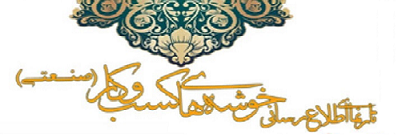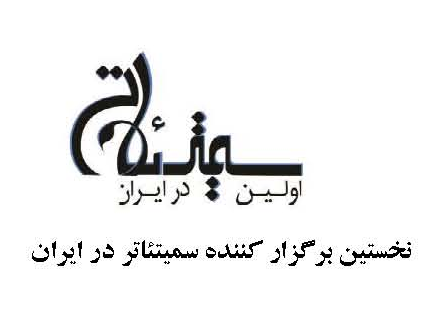بیزینس مانیتور
صنعت کشتیرانی درایران-سه ماهه سوم2011
Executive Summary
With the majority of key economic and political powers throughout the Middle East and North Africa (MENA) apparently on board to use all means necessary to halt Tehran's nuclear ambitions, the US would meet little resistance among its key allies should it decide to use the military option to halt Iran's weapon programme, in BMI's view.
In terms of shipping, on a global level we continue to see risks to all three core shipping sectors (container and dry and liquid bulk), with overcapacity and a drop in demand continually threatening to push down rates and impinge on lines' profits. As austerity measures take hold across Europe and the US continues to have high unemployment and recover from the downturn sluggishly, shipping growth may slow considerably.Bandar Abbas has proved to be a resilient port in the face of adversity, with double-digit growth continuing in 2010. However, the days of such growth seem to be at an end as the effect of international sanctions against Iran bite. While the port registered estimated container throughput growth of 17.5% year-on-year (y-o-y) in 2010, this is set to fall to 1.4% in 2011.
Headline Industry DataKey Industry Trends2011 Port of Bandar Abbas throughput growth forecast 1.4%, and to average 2.72% per annum to 2015.
2015 Port of Bandar Abbas throughput expected to reach 2,963,131 20-foot equivalent units
(TEUs).
2011 total trade real growth forecast at 0.11%.
Iranian Oil All At Sea - International sanctions imposed on Iran have resulted in the Middle Eastern country storing as many as 38mn barrels of crude oil at sea, according to the president of Overseas Shipholding, Morten Arntzen.
Seized Ships Handed Back - In April 2011, the last of five cargo ships that had been seized was handed back to Iran in Malta. With European banks calling in loans to Islamic Republic of Iran Shipping Lines (IRISL), Iranian vessels had been impounded around the world in 2010.
Pressure Put On Lines With Iranian Links - Also in April, the US-led protest group United Against Nuclear Iran (UANI) put pressure on French shipping giant CMA CGM to halt business operations with Iran because of the Middle Eastern country's 'pursuit of an illegal nuclear weapons programme'.
Key Risks To Outlook
The sanctions imposed on Iran provide considerable risk to our forecasts. With the nuclear-energy development programme, which the Iranians insist is not for the development of weapons, elevated to the status of a national cause, it seems unlikely that it will be dropped anytime soon. It has long been known that Tehran's intention is to become a political and military powerhouse in the Gulf, a situation that has proved unnerving to its regional neighbours.
That several Middle Eastern states have been actively calling for military action against Iran's nuclear facilities, despite the massive risks to regional stability that this would pose, clearly highlights their concern surrounding the possibility of a nuclear-armed Tehran in the region.
Equally, as Iran is so reliant on the export of its oil to feed its economy, any fluctuation in the price of fossil fuels could provide risk to our projections.
مطالب مرتبط


